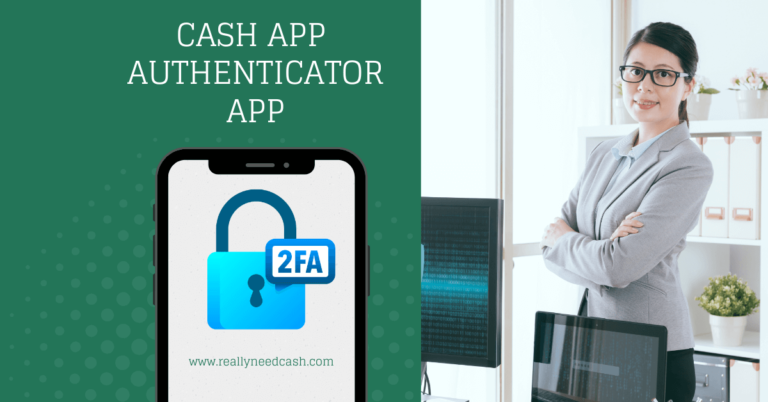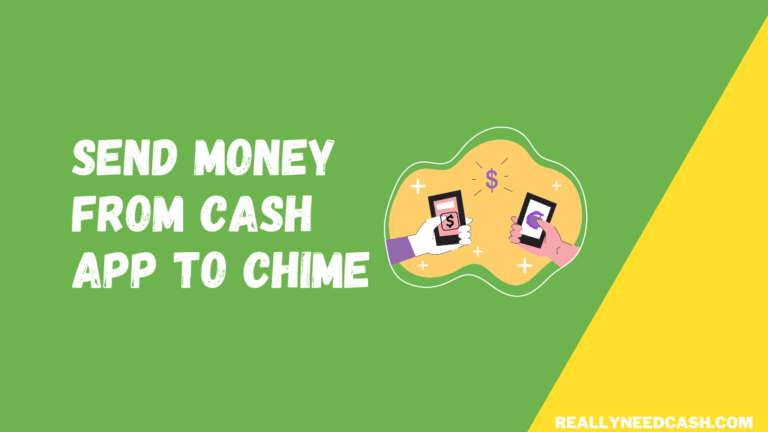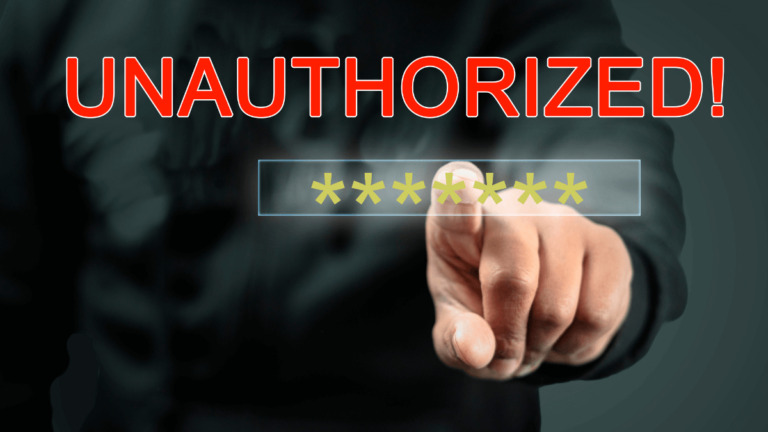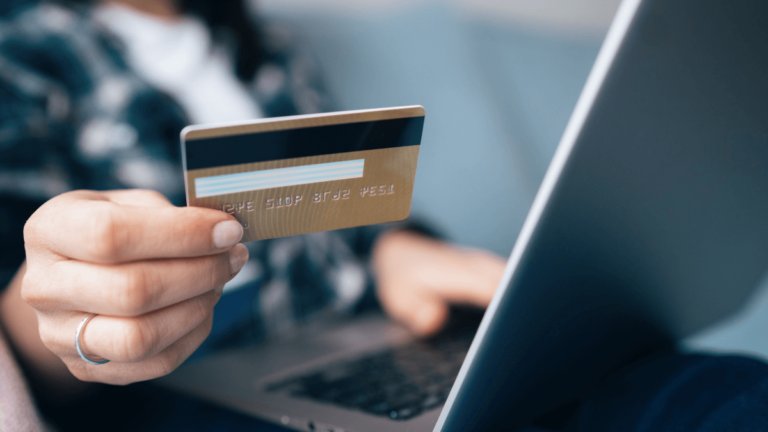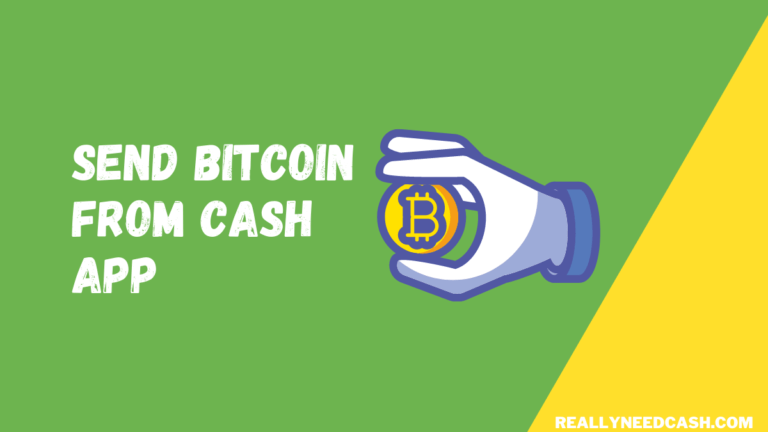Understanding Afterpay’s Acceptance Criteria
When using Afterpay, knowing what payment methods are accepted and the reasons for potential declines can really help. Several factors influence whether a card works with Afterpay.
Eligible Payment Methods and Compatibility
Afterpay supports various payment methods, primarily focusing on major credit and debit cards. I’ve found that they accept Visa and Mastercard issued from your home country. Additionally, digital wallets like Apple Pay and Google Pay are also valid options. Unfortunately, Cash App Cards have limited support, so you might not be able to save them in your account for future use.
If a payment fails, check if your card meets these criteria. For instance, if you’re using a prepaid card, Afterpay doesn’t allow storing it in their system, even though you can make one-off payments. Ensuring your card is eligible is the first step in making your purchase go through smoothly.
Security Concerns and Suspicious Activity
Afterpay is very careful about security, which can sometimes lead to payment declines. If they detect any suspicious activity or a rare location for the transaction, they might decline your payment. I’ve read that this is to protect users from fraud.
If you frequently change your payment methods or use a new device, Afterpay may flag your transaction. It’s always helpful to keep your account details and payment methods updated. If a decline happens frequently, consider reaching out to Afterpay’s support for more specific reasons related to your account.
Troubleshooting Payment Issues with Cash App Cards
When using a Cash App card with Afterpay, payment issues can often arise. It’s helpful to understand the common problems and solutions to ensure your payments go through smoothly. Here are some key areas to focus on.
Verifying Card Information and Funds
First, I recommend checking your card information. Ensure that the card number, security code, and PIN are entered correctly. A small typo can cause a payment to be declined.
Next, check that you have sufficient funds in your account. For example, if the purchase total exceeds your available balance, the payment will not go through. I usually verify my bank account linked to Cash App to ensure the funds are there.
If needed, I can also update my card information directly in the Cash App. Go to the settings and check the “Banking” section to confirm or edit my information.
Resolving Card Rejections and Errors
Sometimes, Afterpay won’t accept the Cash App card due to specific reasons. One common issue is that Afterpay primarily accepts debit and credit cards from major financial institutions. Since Cash App cards can be classified as prepaid cards, they may not always be compatible.
If my card gets rejected, I make sure that it’s not flagged for fraudulent activity. I also double-check if there are any restrictions on my card or if it’s being used overseas, as this can sometimes block transactions.
If all else fails, trying to process the payment again can help, as sometimes it’s a temporary error.
Customer Support and Assistance
If I’ve tried everything and still face issues, reaching out to customer support is my next step. Cash App has a dedicated customer service team that can assist with any card-related questions.
To contact them, I can open the app, go to the help section, and start a chat. Alternatively, I can call their support line at (800)-969-1940. Afterpay also offers support for payment problems, so I can visit their help center online for guidance.
Getting help directly from customer service can provide clarity on the specific issue with my Cash App card and how to resolve it.
Frequently Asked Questions
I often hear questions about why Afterpay does not accept Cash App cards. Understanding these inquiries can help clarify how to manage payments effectively and find suitable alternatives. Here are some specific questions and answers on this topic.
How can I link my Cash App card to Afterpay?
Linking your Cash App card to Afterpay can be tricky. Currently, Afterpay does not allow users to save Cash App cards as a permanent payment method. However, you can manually enter your Cash App card details each time you complete a purchase.
What are the reasons Afterpay might reject a Cash App card?
Afterpay might reject a Cash App card because it is seen as a prepaid card. Afterpay generally only accepts debit and credit cards from major banks. If your Cash App card does not meet these criteria, it will not be accepted.
What payment methods are accepted by Afterpay?
Afterpay accepts several payment methods. You can use credit and debit cards from major brands like Visa and Mastercard. Additionally, digital wallets such as Apple Pay and Google Pay are also accepted for transactions.
Are prepaid cards compatible with Afterpay’s services?
Prepaid cards typically are not compatible with Afterpay’s services. While you can use them for one-time payments, you cannot save them in your Afterpay account for automatic payments. This limitation can make it less convenient for regular use.
How do Afterpay’s accepted payment methods differ from Affirm or Klarna?
Affirm and Klarna have different policies regarding payment methods. Both platforms tend to accept a broader range of prepaid options. This means you might have more flexibility with cash or prepaid cards when using these services.
Can Afterpay transactions be completed with digital wallets like Apple Pay or PayPal?
Yes, Afterpay does support transactions through digital wallets like Apple Pay. This option can simplify payments, allowing you to use your Cash App funds via Apple Pay. PayPal, on the other hand, is generally not accepted directly by Afterpay.

